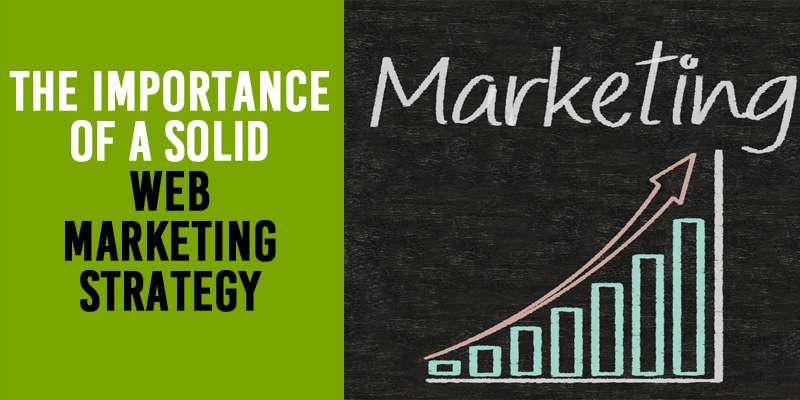The Importance of Website Analytics

The importance of Website analytics tracking software cannot be overlooked. Website Analytics shows you the activity of your website visitors and measures their online behavior.
Google Analytics
Google Analytics offers you more insights on the performance of your website than just about any other tool available today. You can find anything from what screen resolution your customers have, what color space they’re using, to what ISP they are using and much more.
Graphs, charts and interactive map
You can get graphs, pie charts, and lists and that’s not all. You can also find an exciting interactive world map that shows you from which countries, states and cities your visitors are coming from, plus when and how they got there!
Search engine





